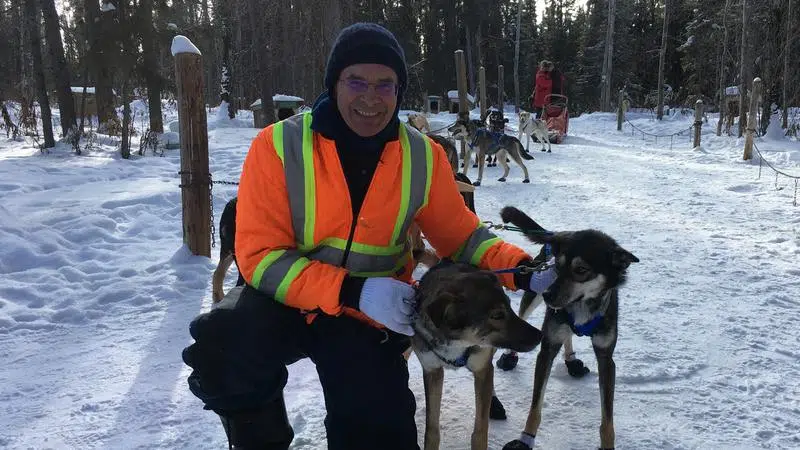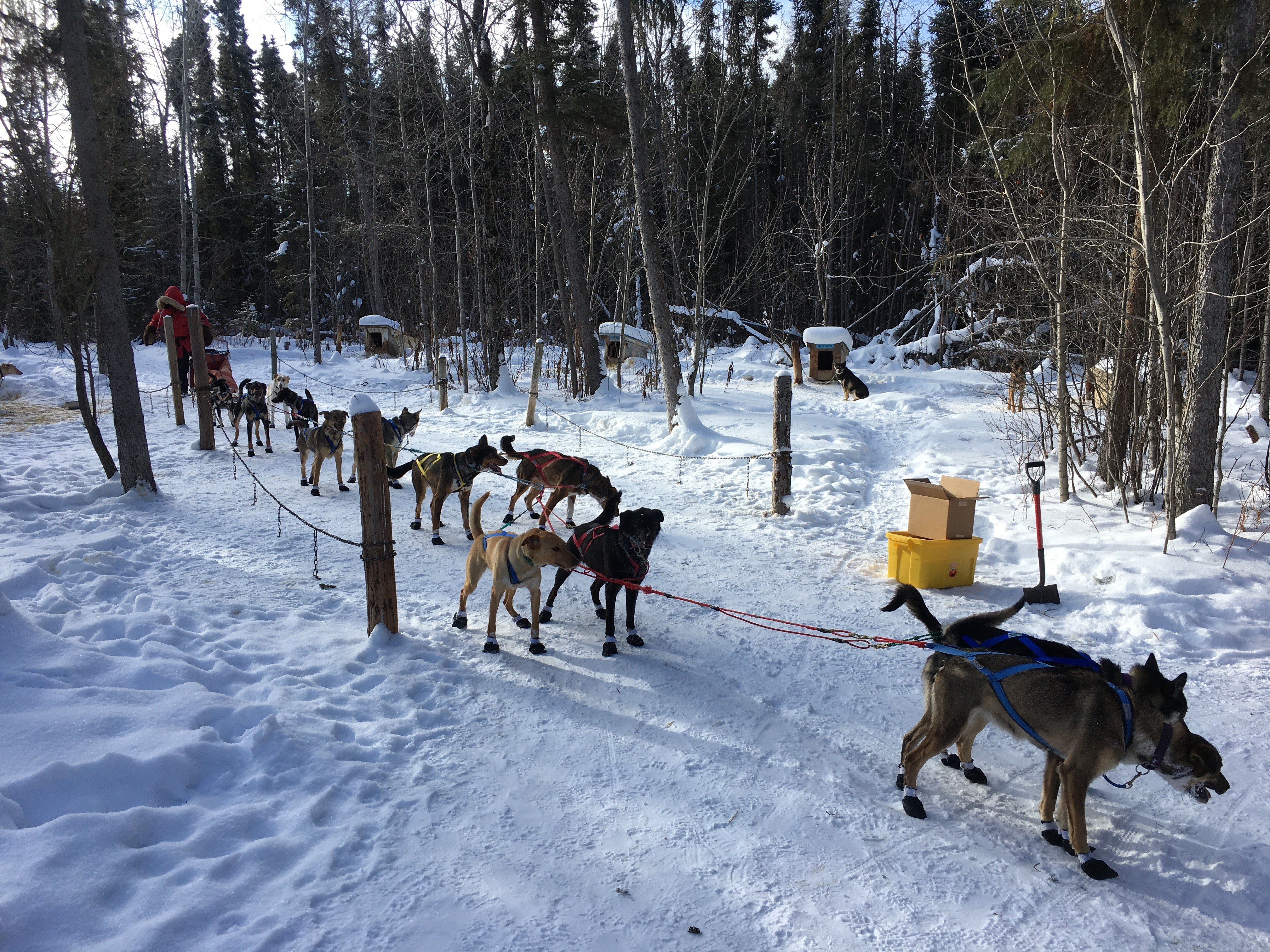
Robinson preparing sled dog team for upcoming Canadian Challenge
Winning isn’t everything for Canadian Challenge Sled Dog Race board member Sid Robinson.
Since the competition began in 1998, Robinson has raced in every event except one. He also has the unusual record for coming in last the most times, but he doesn’t let that keep him down. A love for his dogs and being out on the trails keeps Robinson signing up for the Canadian Challenge every year.
“People joke to me about it a little bit, but if you come in last, it means you finished,” he said. “It’s a pretty big accomplishment for me to finish. I’m just having fun out there, but I do want to finish. Last year, I wasn’t able to finish so this year my goal is to finish.”
At his property south of La Ronge, Robinson cares for about 25 dogs which are either active sled dogs or retired. He begins preparing them for the race at the end of August by hooking them up to a quad and taking them for four or five-kilometre runs. The dogs pull the quad while it is in gear and Robinson said it helps build muscle in their shoulders to prevent injuries.



